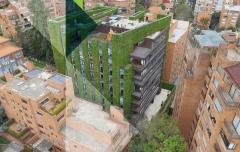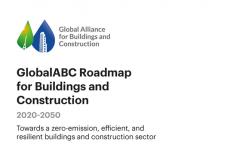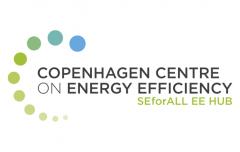Energy Efficiency in Buildings
Why are buildings important?
With buildings accounting for over 34% of global final energy demand and 37% of total CO2 emissions, the built environment is critical for doubling the global average rate of energy efficiency improvements and reach Net Zero by 2030.
Developing countries are projected to experience an 80% increase in floor area by 2030, highlighting the critical need to incorporate energy-efficient practices from the outset. In Africa, 70% of buildings are yet to be built, and the continent is anticipated to witness the fastest urban population growth by 2050.
Are we on track?
Between 2010-2022, the residential buildings sector improved energy intensity at an average annual rate of 1.2%, which will need to quadruple to 5.1% to achieve Net Zero scenario.




